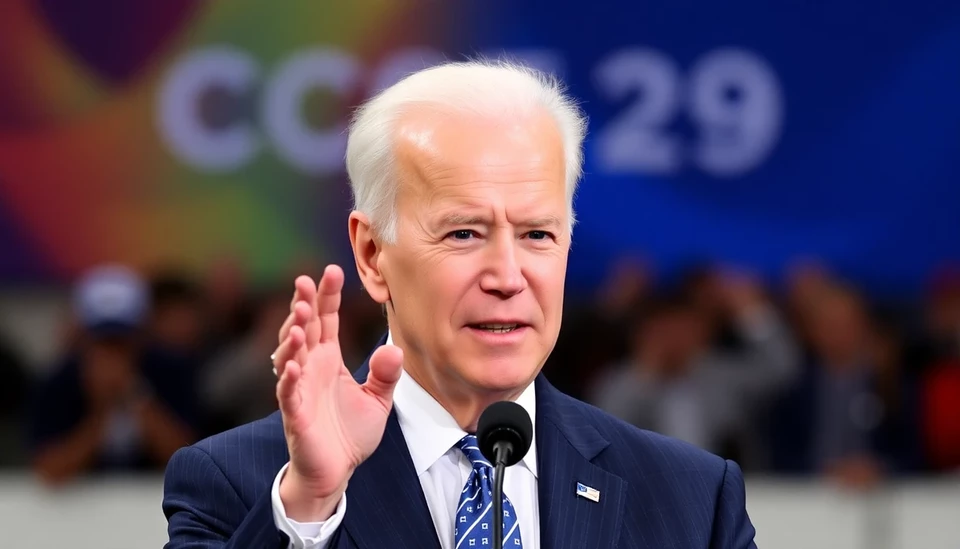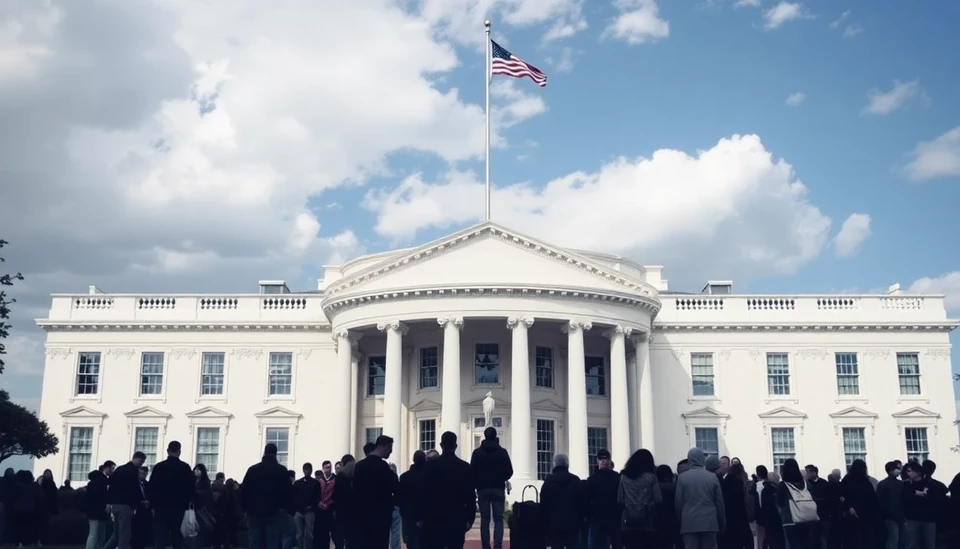
In a significant move that underscores the shifting priorities within the U.S. administration, President Joe Biden has announced he will not attend the upcoming COP29 climate summit, scheduled to take place in December 2024 in Dubai. This decision follows the intense political landscape leading up to the presidential election, wherein Biden's focus will be directed towards securing his position for a second term in office.
Despite a strong commitment to addressing climate change throughout his presidency, the decision to skip the summit has raised eyebrows among environmental advocates and international stakeholders who view these gatherings as crucial platforms for global cooperation and climate progress. The COP (Conference of the Parties) gatherings are pivotal in fostering dialogue and commitments among nations to mitigate the effects of climate change and to thwart its impending impacts on communities worldwide.
White House officials have clarified that Biden’s absence is directly linked to his reelection campaign efforts. With the elections approaching, the President is expected to prioritize domestic issues and engage directly with voters across the country. Political analysts predict that this shift in focus may be a calculated risk, considering the potential backlash from concerns about environmental policies and action, which have been central to Biden's identity as a leader on the global stage.
The news arrives during a time when climate challenges are at the forefront of global discourse, heightened by the recent extreme weather events, rising sea levels, and devastating wildfires that many attribute to climate change. Observers are keenly aware that the lack of presidential presence at COP29 could diminish the United States' leadership role in international climate discussions and potentially hinder progress on global climate initiatives.
In Biden’s absence, the U.S. delegation will still be represented, but environmental groups fear that without the President’s engagement, the outcomes of the summit may not reflect the ambitious climate goals that the administration previously advocated for. These factors could affect negotiations on vital agreements that are expected to shape international climate policies moving forward.
The decision has sparked a spectrum of reactions. Some in the environmental community express disappointment, fearing it signals a retreat from federal leadership on climate change. Meanwhile, supporters of the President's focus on domestic issues argue that he must first secure a second term before he can effectively tackle international issues, including climate action.
As the COP29 date draws closer, all eyes will be on how this decision impacts both domestic and international climate policies and the recognition of climate urgency among voters in the upcoming election. For now, the Biden administration faces the challenging task of balancing reelection priorities with its long-standing climate commitments.
With the 2024 elections looming and climate urgency escalating, the Biden administration's choices regarding global engagement will be closely scrutinized by both supporters and critics alike.
#Biden #COP29 #ClimateSummit #ClimateChange #Election2024 #EnvironmentalPolicy #GlobalWarming #PresidentialElection
Author: Megan Clarke




